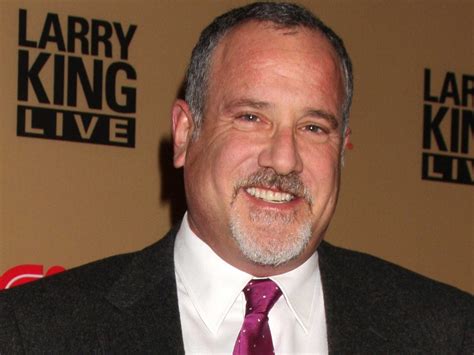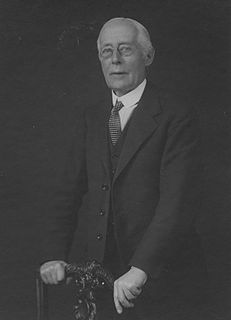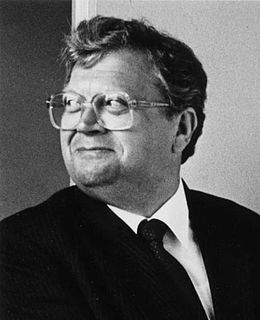A Quote by Francis Galton
I know of scarcely anything so apt to impress the imagination as the wonderful form of cosmic order expressed by the "Law of Frequency of Error." The law would have been personified by the Greeks and deified, if they had known of it. It reigns with serenity and in complete self-effacement, amidst the wildest confusion. The huger the mob, and the greater the apparent anarchy, the more perfect is its sway. It is the supreme law of Unreason.
Related Quotes
In the complex course of its evolution, life exhibits a remarkable contrast to the tendency expressed in the Second Law to Thermodynamics. Where the Second Law expressed an irreversible progression toward increased entropy and disorder, life evolves continually higher levels of order. The still more remarkable fact is that this evolutionary drive to greater and greater order also is irreversible. Evolution does not go backward.
John Boehner has to start taking a macro step towards the American people, away from the more radical elements of his party. You know, it's almost a form of anarchy. We have a law that was passed by Congress. We have a law that the Supreme Court said was legal. It's been implemented. And I'm sorry they don't like it. There's been a lot of laws in the past the Democrats didn't like. But that's what this country is about. You pass laws. And if they are deemed legal, you respect them and you move forward.
The law is equal before all of us; but we are not all equal before the law. Virtually there is one law for the rich and another for the poor, one law for the cunning and another for the simple, one law for the forceful and another for the feeble, one law for the ignorant and another for the learned, one law for the brave and another for the timid, and within family limits one law for the parent and no law at all for the child.
The common law of chattels, that is to say, the law ultimately adopted by the King's courts for the regulation of disputes about the ownership and possession of goods, was, to be a substantial extent, a by-product of that new procedure which had been mainly introduced to perfect the feudal scheme of land law.
The regulator banned cryptocurrency... then there was an order from the Supreme Court. So, in the absence of any strong law, it was very important for us to come out with a comprehensive law-one for the private digital currency and second for the government for its digital form of currency, or the virtual currency.
The first rules about Islamic law weren't even written down for a century and a half after the Prophet's death, and it was another five centuries, half a millennium, before they assumed anything like a definitive form. So there have always been huge arguments over what Islamic law actually requires. There are four main schools of law in Sunni thought and there's a separate school of law in Shia thought, so these arguments do take place.
The Gospel is temporary, but the law is eternal and is restored precisely through the Gospel. Freedom from the law consists, then, not in the fact that the Christian has nothing more to do with the law, but lies in the fact that the law demands nothing more from the Christian as a condition of salvation. The law can no longer judge and condemn him. Instead he delights in the law of God according to the inner man and yearns for it day and night.
Professor Eddington has recently remarked that 'The law that entropy always increases - the second law of thermodynamics - holds, I think, the supreme position among the laws of nature'. It is not a little instructive that so similar a law [the fundamental theorem of natural selection] should hold the supreme position among the biological sciences.
The price which society pays for the law of competition, like the price it pays for cheap comforts and luxuries, is great; but the advantages of this law are also greater still than its cost- for it is to this law that we owe our wonderful material development, which brings improved conditions in its train.

































